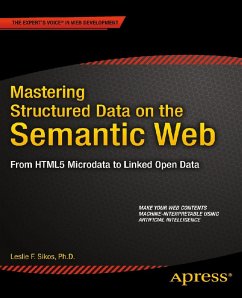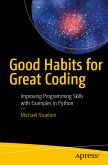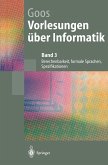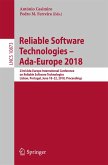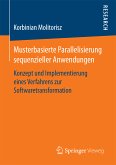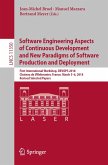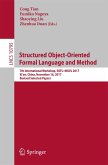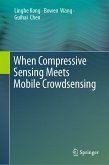A major limitation of conventional web sites is their unorganized and isolated contents, which is created mainly for human consumption. This limitation can be addressed by organizing and publishing data, using powerful formats that add structure and meaning to the content of web pages and link related data to one another. Computers can "understand" such data better, which can be useful for task automation. The web sites that provide semantics (meaning) to software agents form the Semantic Web, the Artificial Intelligence extension of the World Wide Web. In contrast to the conventional Web (the "Web of Documents"), the Semantic Web includes the "Web of Data", which connects "things" (representing real-world humans and objects) rather than documents meaningless to computers.
Mastering Structured Data on the Semantic Web explains the practical aspects and the theory behind the Semantic Web and how structured data, such as HTML5 Microdata and JSON-LD, can be used to improve your site's performance on next-generation Search Engine Result Pages and be displayed on Google Knowledge Panels. You will learn how to represent arbitrary fields of human knowledge in a machine-interpretable form using the Resource Description Framework (RDF), the cornerstone of the Semantic Web. You will see how to store and manipulate RDF data in purpose-built graph databases such as triplestores and quadstores, that are exploited in Internet marketing, social media, and data mining, in the form of Big Data applications such as the Google Knowledge Graph, Wikidata, or Facebook's Social Graph.
With the constantly increasing user expectations in web services and applications, Semantic Web standards gain more popularity. This book will familiarize you with the leading controlled vocabularies and ontologies and explain how to represent your own concepts. After learning the principles of Linked Data, the five-star deployment scheme, and the Open Data concept, you will be able to create and interlink five-star Linked Open Data, and merge your RDF graphs to the LOD Cloud. The book also covers the most important tools for generating, storing, extracting, and visualizing RDF data, including, but not limited to, Protégé, TopBraid Composer, Sindice, Apache Marmotta, Callimachus, and Tabulator. You will learn to implement Apache Jena and Sesame in popular IDEs such as Eclipse and NetBeans, and use these APIs for rapid Semantic Web application development.
Mastering Structured Data on the Semantic Web demonstrates how to represent and connect structured data to reach a wider audience, encourage data reuse, and provide content that can be automatically processed with full certainty. As a result, your web contents will be integral parts of the next revolution of the Web.
Dieser Download kann aus rechtlichen Gründen nur mit Rechnungsadresse in A, B, BG, CY, CZ, D, DK, EW, E, FIN, F, GR, HR, H, IRL, I, LT, L, LR, M, NL, PL, P, R, S, SLO, SK ausgeliefert werden.

